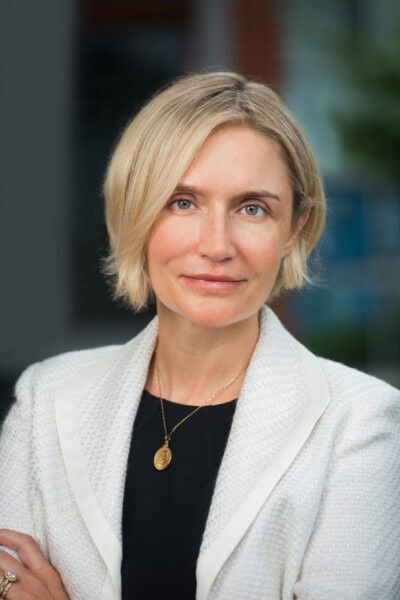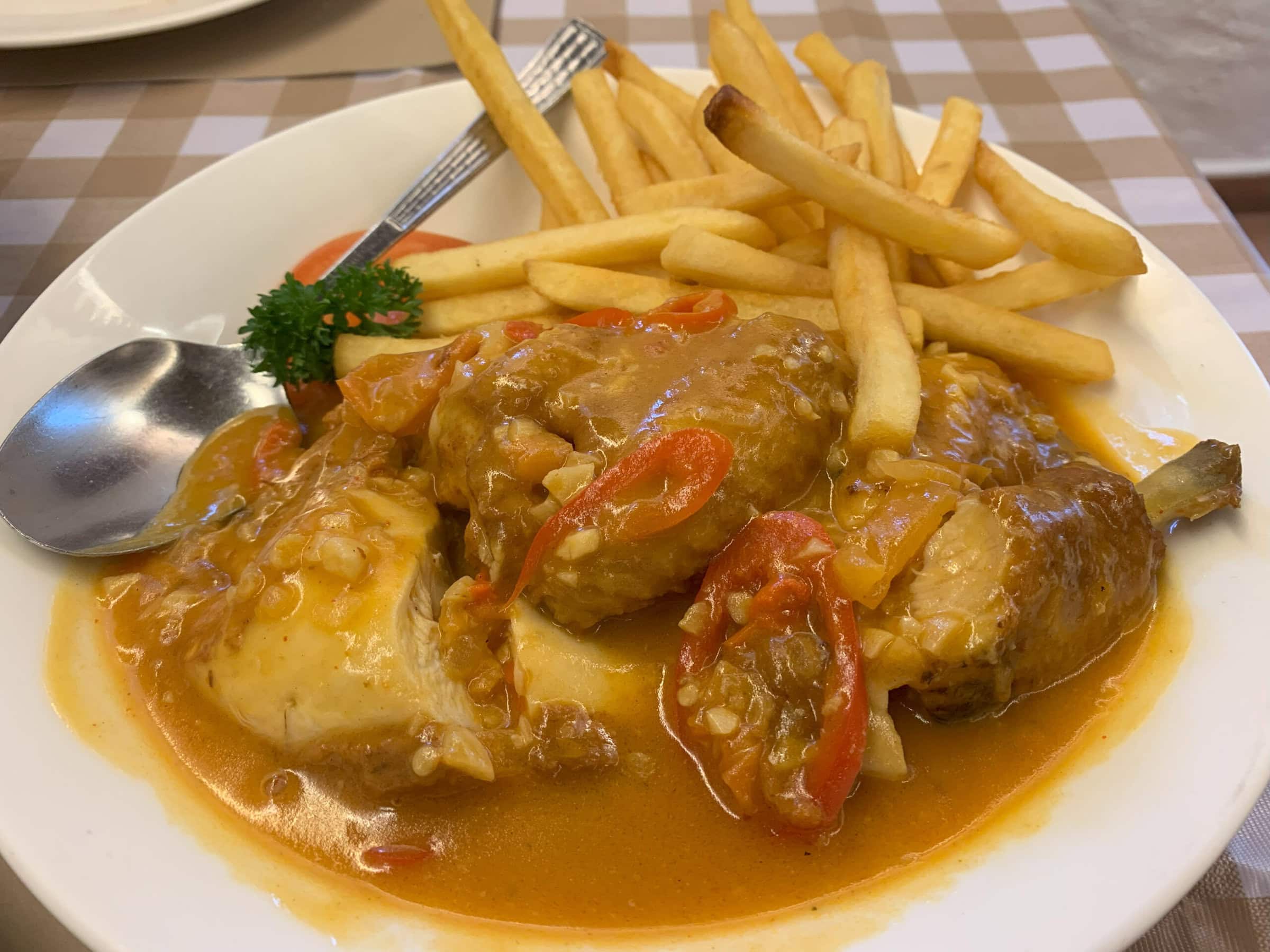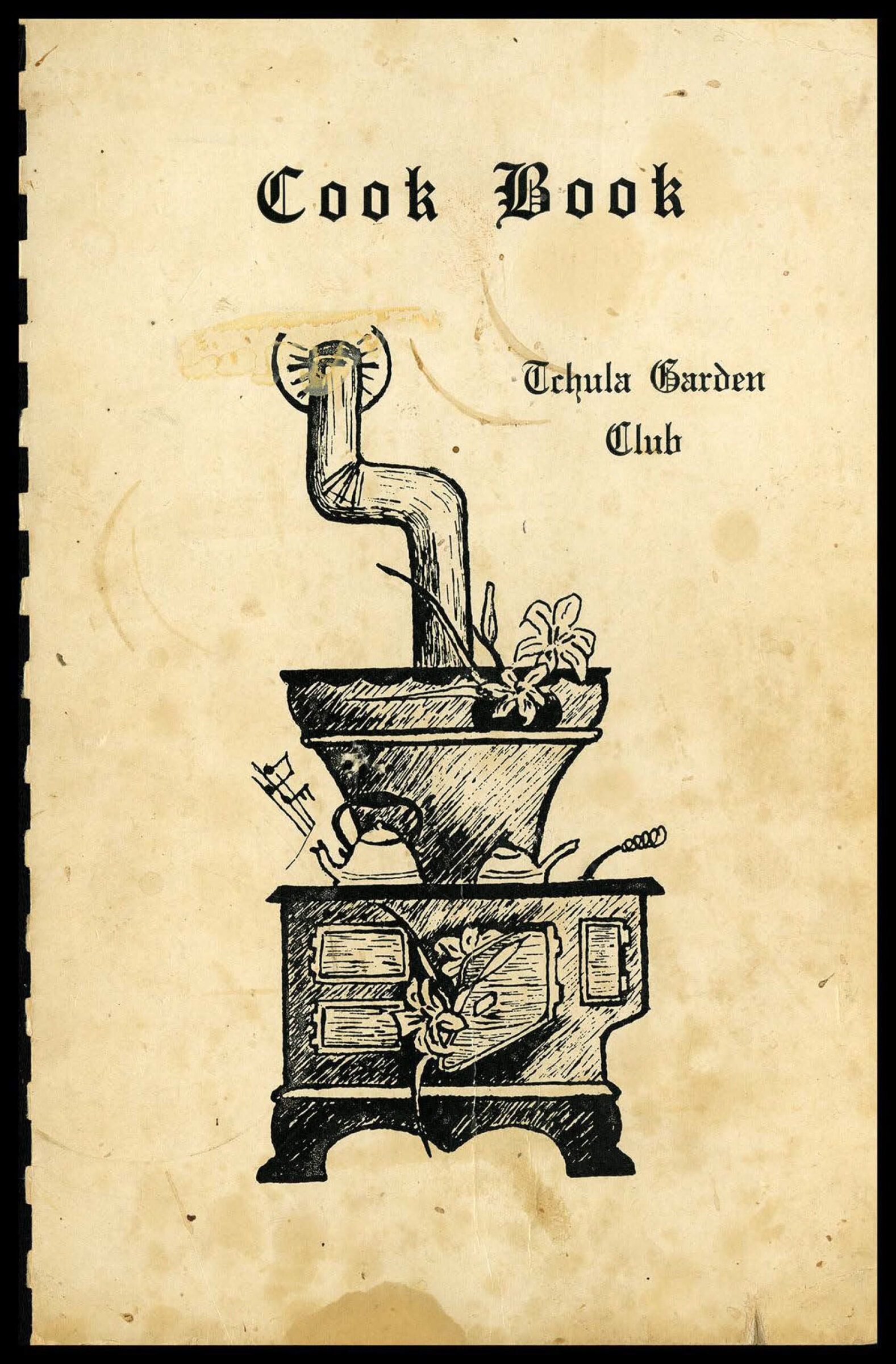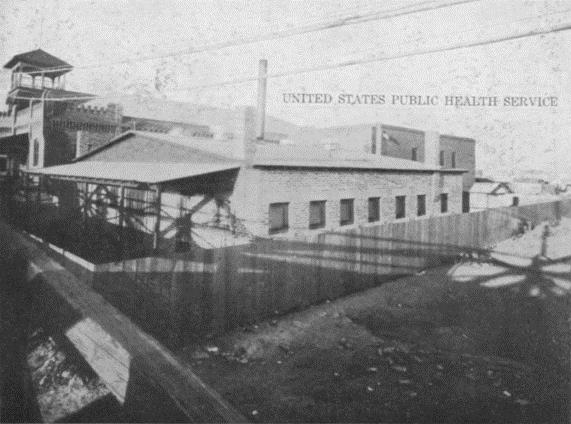Carmen Kordick Coury is an associate professor of history and director of Latin American and Caribbean studies at Southern Connecticut State University. She lives in Branford, Connecticut, and has been a member since 2009.

Alma maters: BA (history and Spanish literature), University of Colorado; MA, MPh, PhD, Yale University
Fields of interest: Central America, Latin America, migration in the Americas, nation-building, identity formation
Describe your career path. What led you to where you are today?
I began my career at a small public liberal arts college, Georgia College, where I worked for two years. I got the opportunity to work at a private social justice institution in Chicago, Roosevelt University, where I taught for five years, before being hired to teach at my current institution. Southern Connecticut State University is a public teaching institution with a commitment to social justice. I enjoy my current position because it has afforded me the chance to not just teach history courses, but to collaborate with colleagues in different disciplines to develop a Latin American and Caribbean studies program.
What do you like the most about where you live and work?
Living on the Connecticut shoreline is lovely; there are few things more beautiful than the sun rising over the sound. I feel very thankful to work with brilliant, hardworking, but also collegial, kind, and sincere colleagues.
What projects are you currently working on?
I have been working for the past three years on an oral history project to record the voices of Costa Ricans through the pandemic. I am currently working on preparing an article on my last set of interviews, which I recorded in May 2022.
Have your interests evolved since graduation? If so, how?
The pandemic shifted or rerouted my research to consider the way that ordinary people make sense of a global public health crisis and its resulting economic and social consequences.
What’s the most fascinating thing you’ve ever found at the archives or while doing research?
A series of letters from the 1820s regarding the apparent murder or disappearance of a young woman, who appears to have been engaged in an incestuous relationship with her father.
Is there an article, book, movie, blog etc. that you could recommend to fellow AHA members?
I really enjoyed reading a wonderful collection of essays on the Cold War that came out a few years ago: Latin America and the Global Cold War, which helped me to better grasp the ties Latin American countries made with one another and other nations in the Global South during the Cold War.
What do you value most about the history discipline?
The focus on arguments and evidence.
Why is membership in the AHA important to you?
The AHA provides a chance to meet with old friends and colleagues and to learn about new research from scholars.
Do you have a favorite AHA annual meeting anecdote you would like to share?
I always love the chance to catch up with good friends and colleagues in the field of history and to learn from talented scholars’ papers.
AHA members are involved in all fields of history, with wide-ranging specializations, interests, and areas of employment. To recognize our talented and eclectic membership, Perspectives Daily features a regular AHA Member Spotlight series.
This work is licensed under a Creative Commons Attribution-NonCommercial-NoDerivatives 4.0 International License. Attribution must provide author name, article title, Perspectives on History, date of publication, and a link to this page. This license applies only to the article, not to text or images used here by permission.



